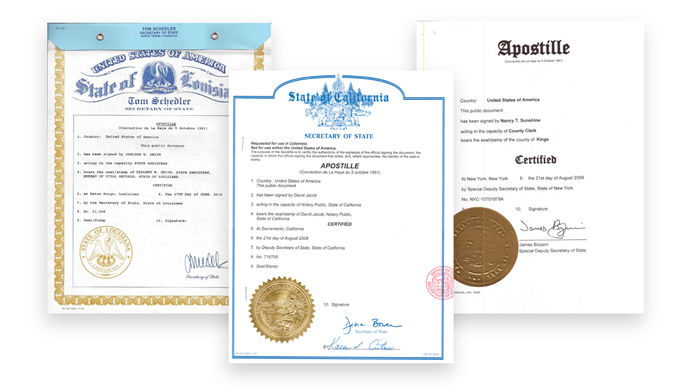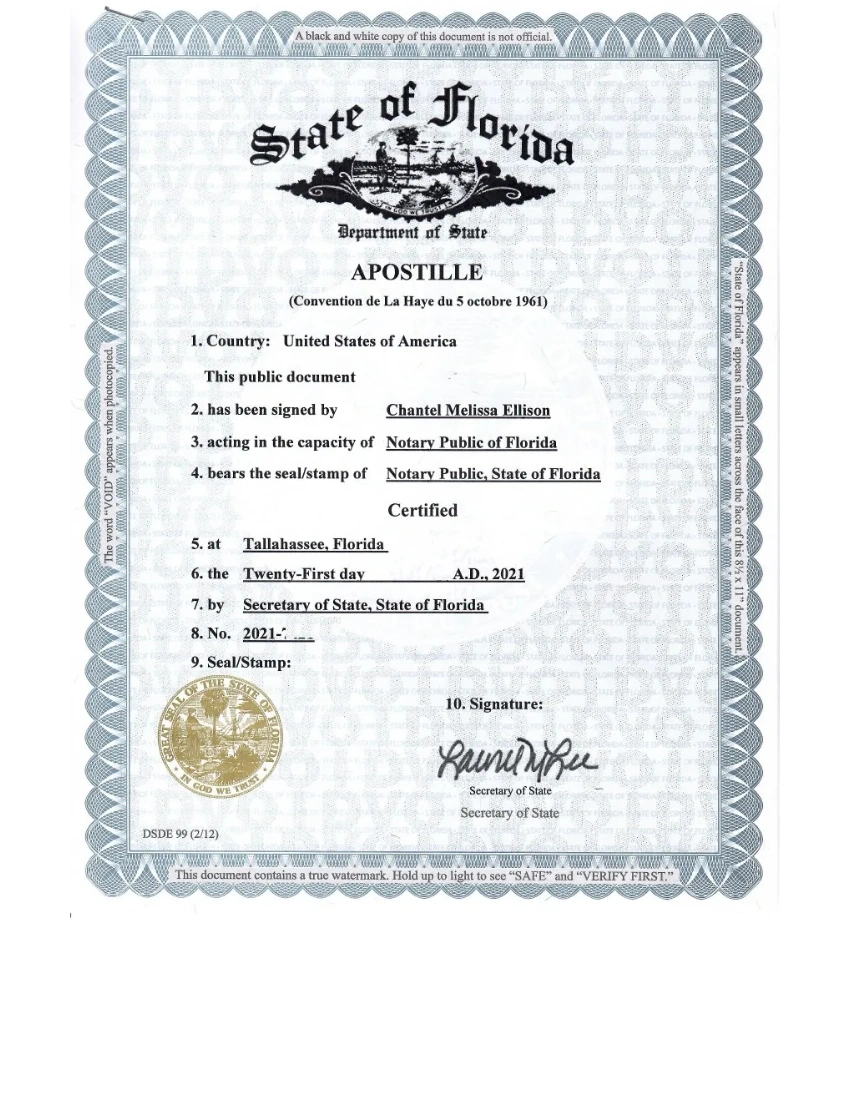Digging Into the Reasons Behind the Necessary Requirement of Apostille Accreditation for Legal Papers
In the world of lawful documentation, the compulsory requirement of apostille certification has come to be an important aspect that significantly impacts the credibility and acknowledgment of legal documents on an international scale. Recognizing the rationale behind this requirement includes delving right into the intricate internet of lawful complexities, historical criteria, and worldwide contracts that underscore the value of apostille certification in today's interconnected globe. By exploring the underlying reasons behind this extensive demand, a clearer image arises of why this seemingly governmental process holds such tremendous value for organizations, federal governments, and individuals alike.
Historic Development of Apostille Qualification
Just how did the concept of apostille qualification evolve over time to come to be an essential component of worldwide document validation? The need for a simplified method of validating files for use throughout borders became noticeable as worldwide profession and traveling increased.
Originally taken on by a few European countries, the Apostille Convention gradually gained international approval due to its efficiency and effectiveness in validating the authenticity of main papers. Over the years, the convention's reach increased as even more nations joined, acknowledging the apostille as a globally accepted type of document authentication. Today, apostille accreditation has actually ended up being a conventional requirement for confirming lawful papers in global purchases, guaranteeing smooth communication and legal procedures in between nations.
Simplifying International Paper Legalisation
The streamlining of global document legalisation procedures has actually significantly improved performance in cross-border transactions. Simplifying the procedure of legislating documents for international use has ended up being crucial in assisting in swift and smooth transactions in between countries. One of the vital mechanisms that have actually contributed to this simplification is the fostering of the Apostille Convention, which gives a standard approach for confirming the credibility of documents throughout taking part nations.
By sticking to the Apostille needs, nations accept identify each other's public records as legitimate without the demand for further legalisation. This removes the prolonged and commonly troublesome process of multiple verifications by various authorities, saving time and sources for companies and people taken part in international tasks.

Guaranteeing Document Authenticity and Credibility
To guarantee the credibility and credibility of lawful papers in international purchases, rigid confirmation procedures are essential - Houston Apostille. Lawful documents play a critical duty in cross-border dealings, and ensuring their legitimacy is extremely important to support the honesty of such deals. By requiring apostille anchor certification for lawful papers, authorities aim to authenticate the origin of documents and confirm the trademarks of people included. This procedure helps protect against fraud, misstatement, and various other malpractices that can endanger lawful process or global arrangements.
Moreover, validating the credibility of legal records via apostille accreditation improves count on and confidence among celebrations participating in global purchases. It provides assurance that the files presented are real and legally binding, therefore reducing the risks connected with deceitful activities. Additionally, making certain record validity via apostille accreditation simplifies the legalization procedure, making it more trustworthy and reliable for organizations and individuals performing organization throughout boundaries. Ultimately, by maintaining rigorous confirmation standards, apostille qualification adds to a much more secure and clear international legal framework.

Facilitating Cross-Border Legal Recognition
In the world of global transactions, the apostille accreditation not just makes sure the credibility and credibility of legal papers yet likewise plays a crucial role in helping with cross-border lawful recognition (Houston Apostille). When legal documents birth an apostille certificate, they are conveniently accepted by foreign authorities without the requirement for further confirmation. This streamlined process quickens the recognition of records in different nations, advertising efficiency and lowering administrative obstacles in lawful matters that go beyond national borders
Assisting in cross-border lawful acknowledgment with apostille qualification cultivates depend on and confidence in the authenticity of records traded between countries. This recognition is specifically vital in circumstances such as global company transactions, fostering procedures, or legal process involving parties from various jurisdictions. By adhering to the requirements set forth by the Apostille Convention, nations accept recognize the apostille seals attached to files from various other member nations, thus streamlining the process of legal recognition across borders. Inevitably, the apostille qualification serves as an essential tool in promoting seamless worldwide lawful teamwork and ensuring the smooth operation of cross-border purchases.
Conformity With International Treaty Criteria
Compliance with global treaty criteria is essential for guaranteeing the consistent application of lawful regulations throughout taking part countries. The Apostille Convention, developed in 1961, lays out the demands for the approval of public documents amongst participant countries.
The Apostille certification, as mandated by the treaty, acts as a guarantee of credibility for files such as birth certifications, marriage licenses, court judgments, and notarized actions. This standardized approach helps protect against fraudulence click here for more and makes certain that lawful papers stemming from one member nation are easily approved in an additional. Furthermore, by adhering to worldwide treaty requirements, countries show their dedication to supporting the concepts of transparency, trust fund, and cooperation in legal matters on a worldwide scale.
Verdict

In the realm of legal documents, the obligatory requirement of apostille certification has actually become a necessary facet that significantly impacts the legitimacy and acknowledgment of legal documents visit this site right here on a worldwide scale. Today, apostille certification has come to be a typical need for validating lawful documents in worldwide purchases, ensuring smooth interaction and legal proceedings in between nations.
Additionally, confirming the credibility of lawful documents through apostille qualification improves trust and confidence amongst celebrations involving in global deals.In the realm of global deals, the apostille certification not only guarantees the authenticity and validity of lawful documents however likewise plays an essential function in assisting in cross-border legal recognition. By sticking to the criteria established forth by the Apostille Convention, countries agree to honor the apostille seals fastened to documents from various other participant nations, therefore simplifying the procedure of lawful recognition across borders.